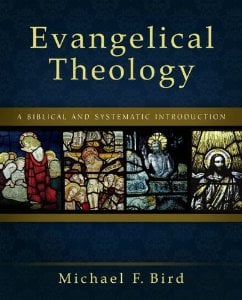I’ve always said that if I ever lead a church plant, I’d probably call it “Third Race Community Church.” The reference to Christians as a “third race” comes from Aristides though it has clear antecedents in Paul, esp. 1 Cor 10:32, 12:2, Gal 3:28, and Col 3:11 and arguably even in 1 Pet 2:9. Wright begins talking about this topic with the words: “Among the other buzz-words which the debate about Paul’s Jewish ‘identity’ has generated, the notion of a... Read more














